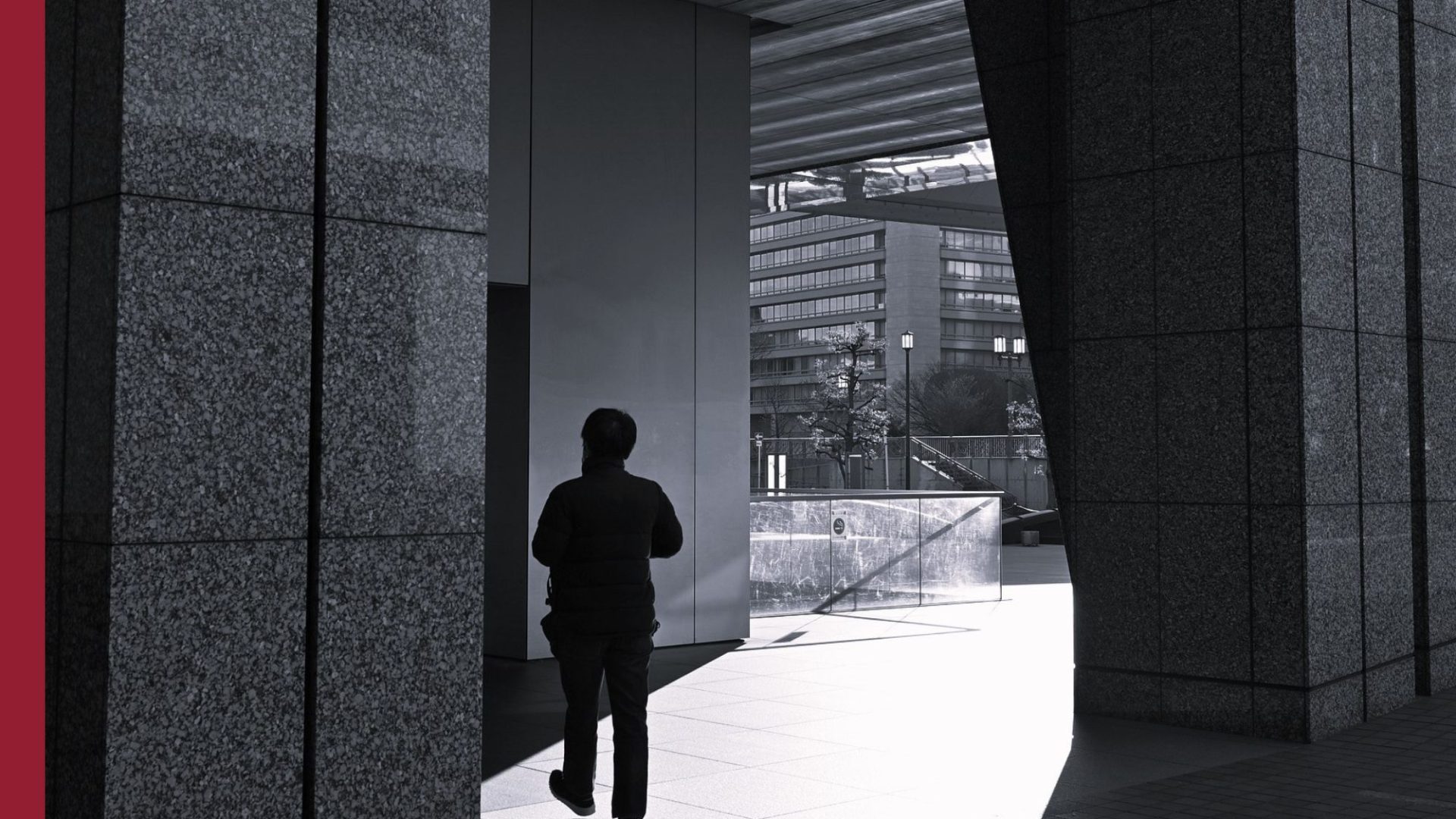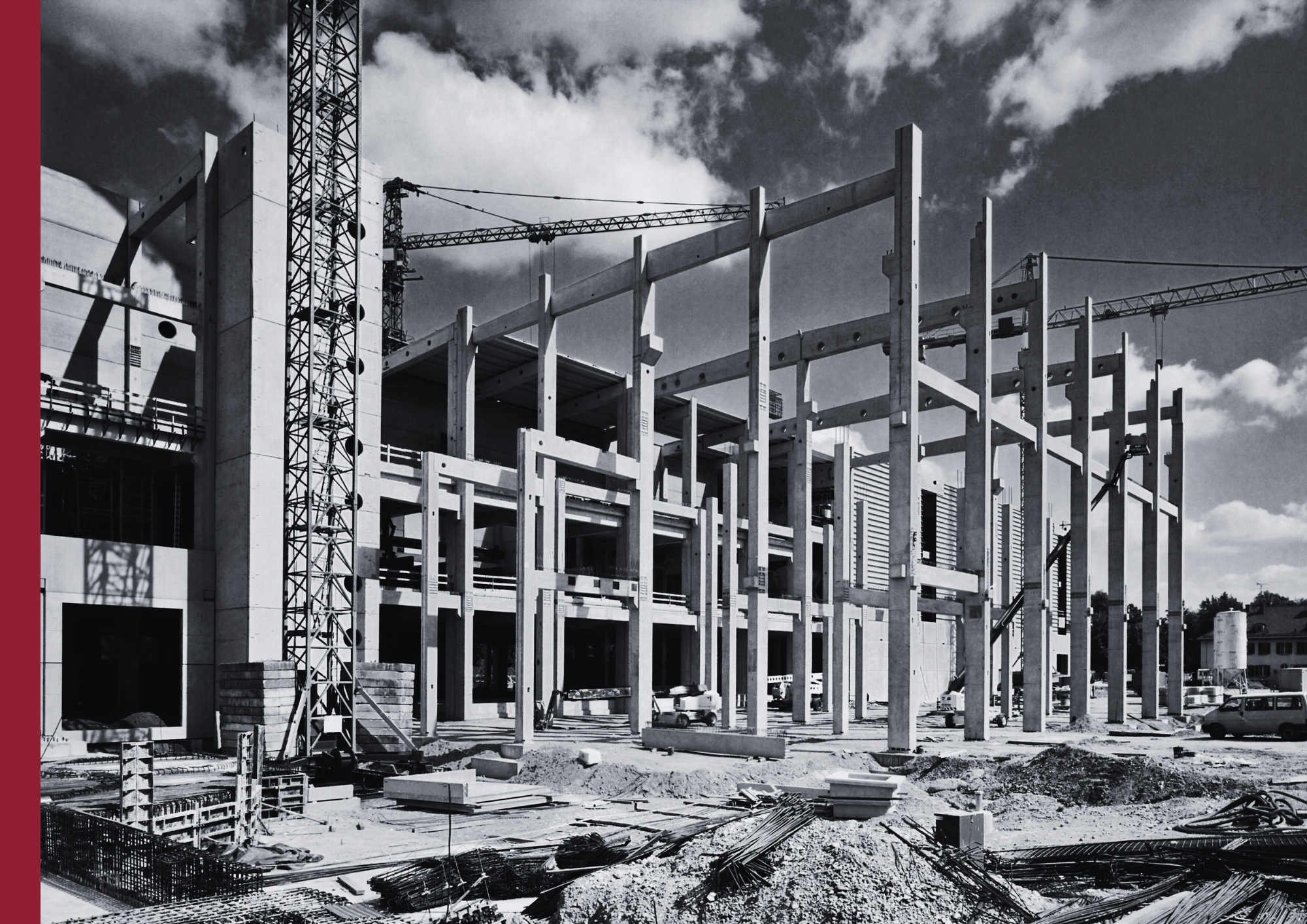Liability is a fundamental pillar in the management of any company, regardless of its size or sector. But why is it essential to know its details, what are its main benefits and how can it affect the company if it is not properly complied with?
Next, Ambler will take a closer look at the importance of Liability insurance for SMEs and the self-employed, highlighting its role in mitigating risks and preserving business stability.
What is Premises Liability cover for?
The coverage of the P&C insurance is an essential component in the management of real estate properties for both owners and tenants. Thus, it guarantees protection against possible damages that the property may suffer during the rental period, derived from activities carried out by the tenant that cause material or personal damage.
However, the P.L.C. is not only limited to physical damage to the property, but also covers incidents that may cause injury to third parties within the rented premises. This includes accidents such as slips or falls, as well as any other incident that may result in property damage or personal injury.
Importance
For both the landlord and the tenant, having this cover is essential to avoid potential legal disputes and unexpected financial expenses in the event of a claim.
By ensuring the protection of the property and the people who occupy it, this coverage provides peace of mind and security to both parties involved in the lease contract.
Moreover, this cover not only protects the economic interests of the landlord and the tenant, but also contributes to maintaining a harmonious relationship between the two parties. What is another advantage? It promotes trust and strengthens the partnership between landlords and tenants.
Civil liability in law
The Civil Code regulates civil legal matters. In article 1902, it states that ‘Whoever by action or omission causes damage to another, through fault or negligence, is obliged to repair the damage caused’.
Therefore, all persons, including companies and the self-employed, must respond for the damage they cause in the exercise of their activity. Liability insurance is vital to protect against potential claims and to cover the associated costs.
This legal provision means that all persons, whatever their activity or profession, are liable for damages they may cause to third parties in the course of their work.
Why take out civil liability insurance?
In the business and professional sphere, this liability can be even more pressing, as business and professional activities entail additional risks that could result in material or personal damage to third parties.
It is therefore imperative that companies and freelancers are adequately protected with a liability insurance that provides coverage in case they face legal claims.
This provides an important financial safeguard by covering the costs associated with legal claims, compensation and legal expenses that may arise as a result of damage claims.
In addition to protecting the insured’s financial assets and personal wealth, this type of protection also provides peace of mind and security in the performance of business and professional activities.
Finally, compliance with the law and the protection of personal and commercial interests go hand in hand when it comes to Civil Liability.
Greater peace of mind
By ensuring they have the right cover in place, businesses and freelancers can operate with confidence, knowing that they are prepared to deal with any eventuality and meet their legal obligations should any inconvenience arise.
Similarly, they can focus on the growth and development of their business without the constant fear of facing lawsuits that could jeopardise their personal assets or the future of their company.
For whom is premises liability intended?
The tenant of the premises is usually the one who takes out the premises liability insurance in order to protect himself in case of serious accidents, thus avoiding having to face financial charges with his own assets. This cover is essential in a number of cases:
Property intended for the use of third parties
If you own a property that will be used by third parties, such as commercial premises, it is essential to have this coverage to protect your financial interests against possible incidents.
Rental of commercial or industrial premises
If you are renting a space to carry out your business activity, contracting the local civil liability insurance protects you from financial responsibility in the event of damage, such as fire, or accidents occurring in the rented premises.
Renting of dwellings or buildings for lucrative purposes.
In this case, such as holiday rentals or event spaces, having this cover is crucial to prevent unforeseen expenses arising from possible incidents.
What else should we not overlook?
Another fundamental aspect to consider is that, in many cases, taking out Civil Liability insurance is a legal or contractual requirement to carry out certain commercial or professional activities.
Complying with these legal obligations is essential to avoid penalties and to maintain the integrity and reputation of the business. Thus, being adequately insured is not only a financial protection measure, but also a way to comply with legal requirements and ensure business continuity in the market.
Modalities and coverages available
There are different types of coverages in a Public Liability insurance and different modalities of protection that offer diverse coverages to adapt to the needs of each business.
Whether we need protection against food poisoning in restaurants or even compensation for professional errors, Civil Liability insurance provides a wide range of possibilities to guarantee peace of mind for entrepreneurs and the self-employed.
Among the different types and coverages available are those designed for specific sectors, such as hospitality, construction, health or transport.
In this way, insurance is tailored to the particular needs and risks of each industry, providing comprehensive protection against the potential risks and claims associated with each activity.
In the hospitality sector, for example, where the risks of food poisoning or accidents in the workplace are more frequent, owners of restaurants, hotels or cafeterias are more specifically protected against claims for damages to customers, employees or third parties.
In the construction field, where workplace accidents and property damage are common, insurance provides coverages to protect contractors, architects, engineers and other construction professionals against claims for personal injury, property damage and construction defects.
In the health sector, where the risks of medical errors and malpractice are particularly high, insurance is essential to protect doctors, hospitals and clinics against claims for malpractice, patient injury and other medical errors.
Finally, in transport, where traffic accidents and damage are constant risks, coverages are provided to protect transport companies, drivers and vehicle owners against claims for accidents, injuries and property damage.
What is the next step?
As we have seen, understanding the importance of P&C liability is essential in order to avoid complications whether you are a landlord or tenant. At Ambler we are experts in risk management, so if you still have any questions, please do not hesitate to contact us.





